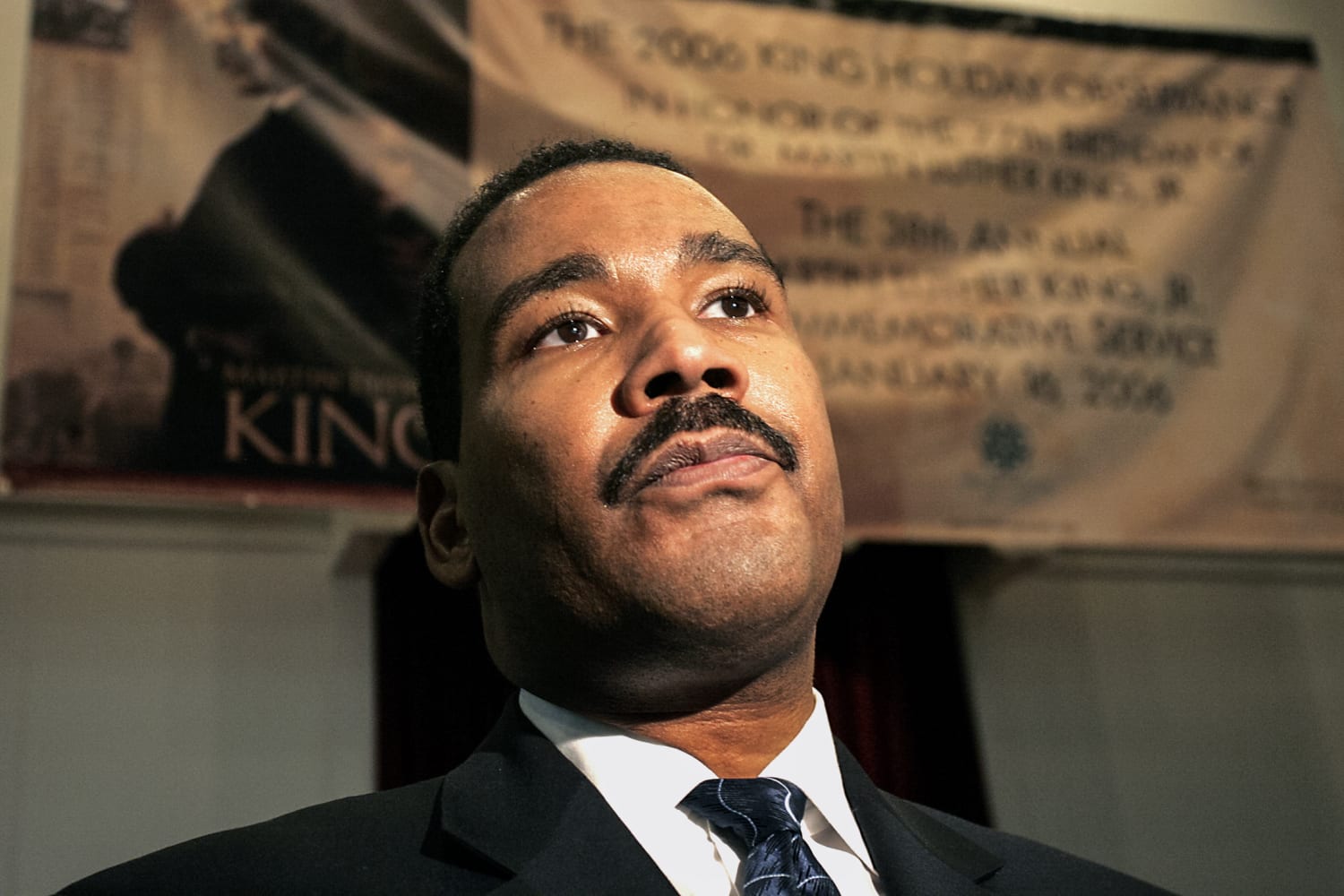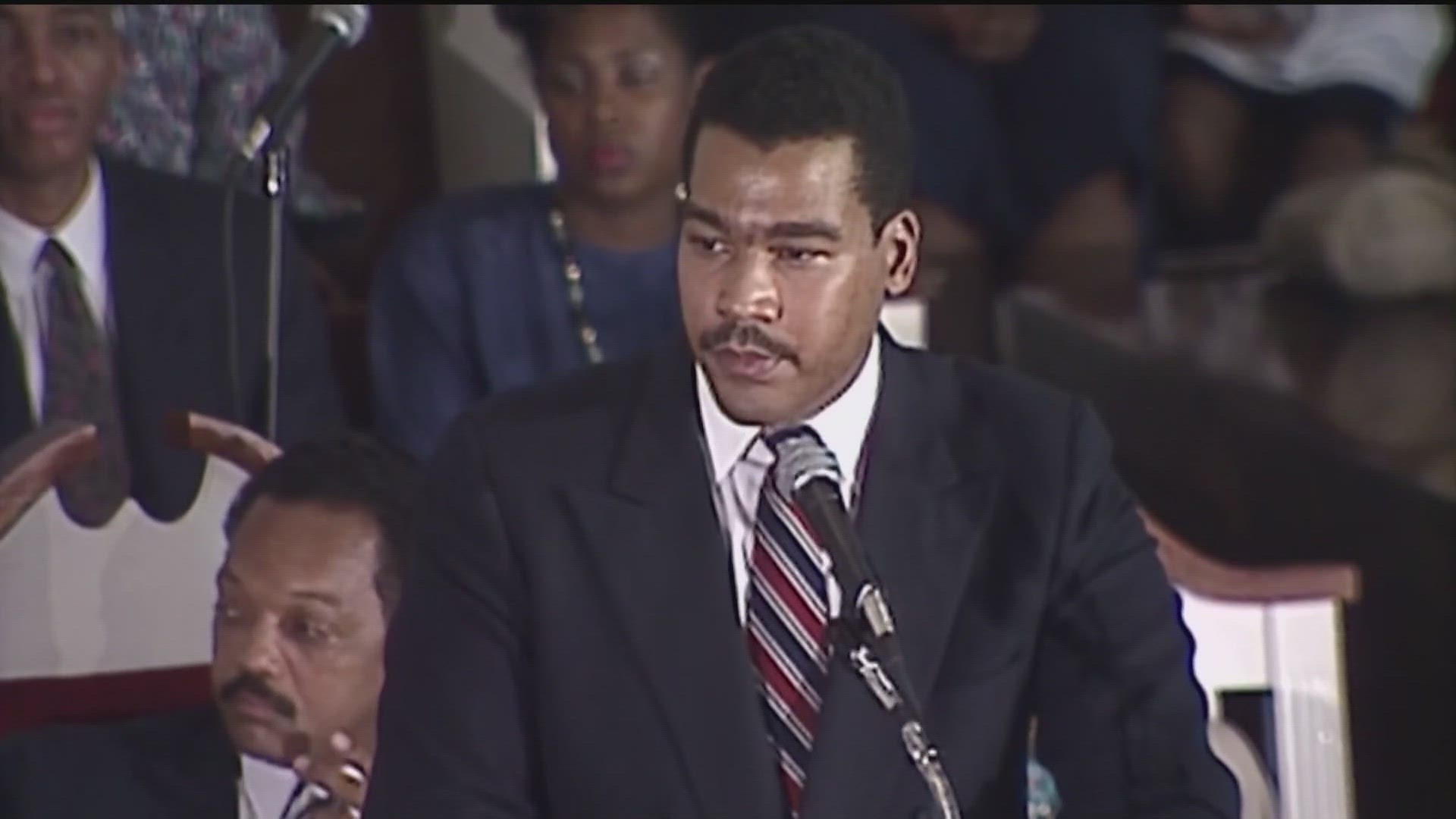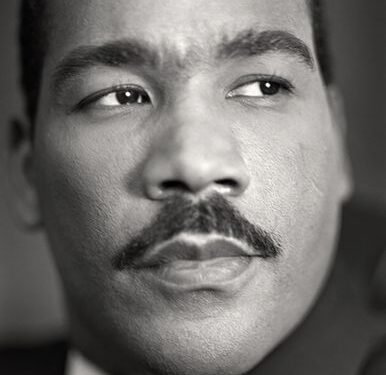The King Center in Atlanta announced on Monday, January 22, 2024, that Dexter Scott King, the youngest son of Dr. Martin Luther King Jr., had passed away at the age of 62.
According to family members, he fought prostate cancer before passing away.
Leah Weber King, his wife, released a statement in which she said, “He transitioned peacefully in his sleep at home with me in Malibu.”

King was the president of the King estate and chair of The King Center at the time of his passing. The youngest of the King’s children, the Rev. Bernice King, stated in a statement that “words cannot express the heartbreak.” “I’m asking God for strength to get me through this trying time.”
A glimpse into Dexter King’s life
Dexter Scott King was an American novelist, lawyer, and civil rights and animal rights activist who lived from January 30, 1961, until January 22, 2024. In addition to being the brother of Martin Luther King III, Bernice King, Yolanda King, and the grandson of Martin Luther King Sr., he was the second son of civil rights activists Martin Luther King Jr. and Coretta Scott King. Growing Up King: An Intimate Memoir is his book.

The famous civil rights leader Martin Luther King Jr.’s twin, Dexter Scott King, passed away. He was sixty-two. King’s family announced in a statement that he passed away in California on Sunday following a battle with prostate cancer. Leah Weber King, his wife, stated that her husband “transitioned peacefully in his sleep at home with me in Malibu” in a statement released by the King Center for Nonviolent Social Change. “He fought this horrible illness to the very end, giving it everything he had.” He overcame this obstacle with the same bravery and strength as all of his other trials.
Magnificent acts of Dexter Scott King
For many years, Mr. King served as chairman of the King Center, an organization his mother Coretta Scott King founded in 1968 to further her husband’s goals. Additionally, he presided over the King Estate, which oversaw the licensing of his father’s likeness and image. He led the civil rights struggle in the United States. As leader of the Southern Christian Leadership Conference, he coordinated several nonviolent demonstrations, including as the 1963 March on Washington.

Following his time at Morehouse College, Dexter King led the King Center’s efforts to safeguard the intellectual property and heritage of his family. He presided over the King’s Estate as well.
“He was the family member assigned to assume the responsibility of carrying on the legacy his father established by lawfully defending his creations,” the King Center stated in a release. “He committed his entire life to upholding his father’s legacy and safeguarding the intellectual property he left behind.”
The impact of Dexter King’s father’s 1968 killing, when he was seven years old, was one of the numerous topics he covered in his 2003 book, “Growing Up King.”
Dexter Scott King resembled his father in every way
Dr. Martin Luther King Jr. and Coretta Scott King’s youngest son and third child, Dexter Scott King, passed away on Monday at the age of 62, according to a statement made by The King Center. Following a fight with prostate cancer, family members said that he passed away quietly at his California home. King was named after the Dexter Avenue Baptist Church in Montgomery, Alabama, where his father was a minister, and he was born in Atlanta. The Montgomery bus boycott brought King national attention.

However, Dexter King remarked, “Even if you’re a person with perfect equilibrium, with all the drama life throws at you, all these poses are difficult to maintain. Ever since I was seven, I’ve felt I must be formal.” Dexter King resembled his well-known father so much as an adult that he was chosen to play him in a 2002 television film on Parks starring Angela Bassett.
Additionally, Dexter King gained notoriety when he openly said that he thought James Earl Ray, who had entered a guilty plea in 1969 for killing his father, was not guilty. They first spoke in 1997 at a prison in Nashville, during the failed attempt by King family members to get Ray put on trial in the hopes that the case would turn up proof of a larger conspiracy.
In response to Ray’s admission that he wasn’t the murderer during their encounter in jail, Dexter King responded, “I believe you and my family believes you.” However, Ray never received a trial. The next year he passed away due to liver failure.












Comments 2